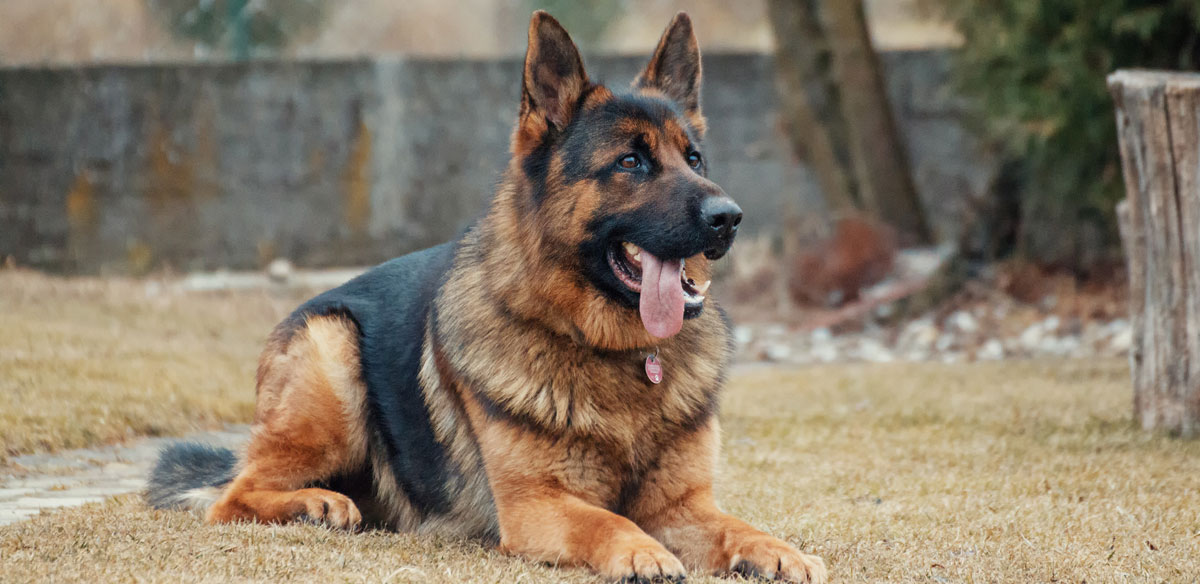
14 Jan The Alpha Myth
Ever heard that you ‘Need to be the pack leader’, ‘Make your dog respect you’ or ‘Show him who’s the Alpha dog’
All too often I am asked by customers if the behaviours they are having problems with are being caused be a dogs dominance, or through the animals desire to assume the role of ‘Pack Leader’. Old dog behaviourists teach us that dogs, like the wolf, are constantly vying for this position, trying to one-up their owners to gain status. Popular media figures have made great strides in promoting this way of thinking. Time and time again I encounter well-meaning dog owners exasperated that pinning their dogs to the ground by the neck or ‘alpha-rolling’ their pet has not worked- and quite often in fact, has made the problem worse.
So, where did this way of thinking come from? And is there any scientific merit to these techniques? The origins of this thinking can be traced all the way back to the 1940s when some scientists started to observe the behaviour of captive wolves. These scientists noted that aggressive displays between the wolves were won by a male and female pair, dubbed the Alpha pair by an acclaimed behaviourist. This sparked off decades of faulty thinking with Dog behaviourists and trainers alike.
Where did science go wrong?
Firstly, wolves in nature live in family groups- not randomly assorted, unrelated packs. This means that the younger wolves naturally choose to follow the guidance of their parents.
Secondly, dogs are not wolves.You often hear it said that dogs are genetically the same as wolves as they share 98.8% DNA. To put this into perspective, dogs are similar to wolves in the same way as we are similar to chimps.
If this isn’t enough to convince you, even the original scientists publishing these findings have dedicated the rest their careers to dispelling these myths!
I get ‘dominant’ behaviours reported to me nearly every day: aggression, jumping up, pulling on the lead, climbing onto surfaces, demanding attention and not coming when called.
This is a huge misunderstanding, and quite frankly we are failing our pets. Lets stop villainizing these problem behaviours by responding with aggression and force. I encourage to view your dog from a different perspective- is the dog scared? Does the dog understand what you are expecting from it? Have you taken the time to actively teach the dog?
In most cases problem behaviours have arisen quite simply because we have inadvertently been rewarding the dog when they preform them. For example, dogs jumping up are from a very early age are taught this is a good behavior. When these dogs as puppies lick our faces they are met with laughter and affection, so, it is no surprise then that six months later our beloved pets are frantically leaping at peoples faces to greet them.
No matter the origin of these unwanted behaviours, they can still wreck havoc on peoples lives and prove potentially dangerous and should be dealt with seriously. This means getting in touch with a qualified professional who will use balanced training to help reshape this behavioral routine.


Sorry, the comment form is closed at this time.